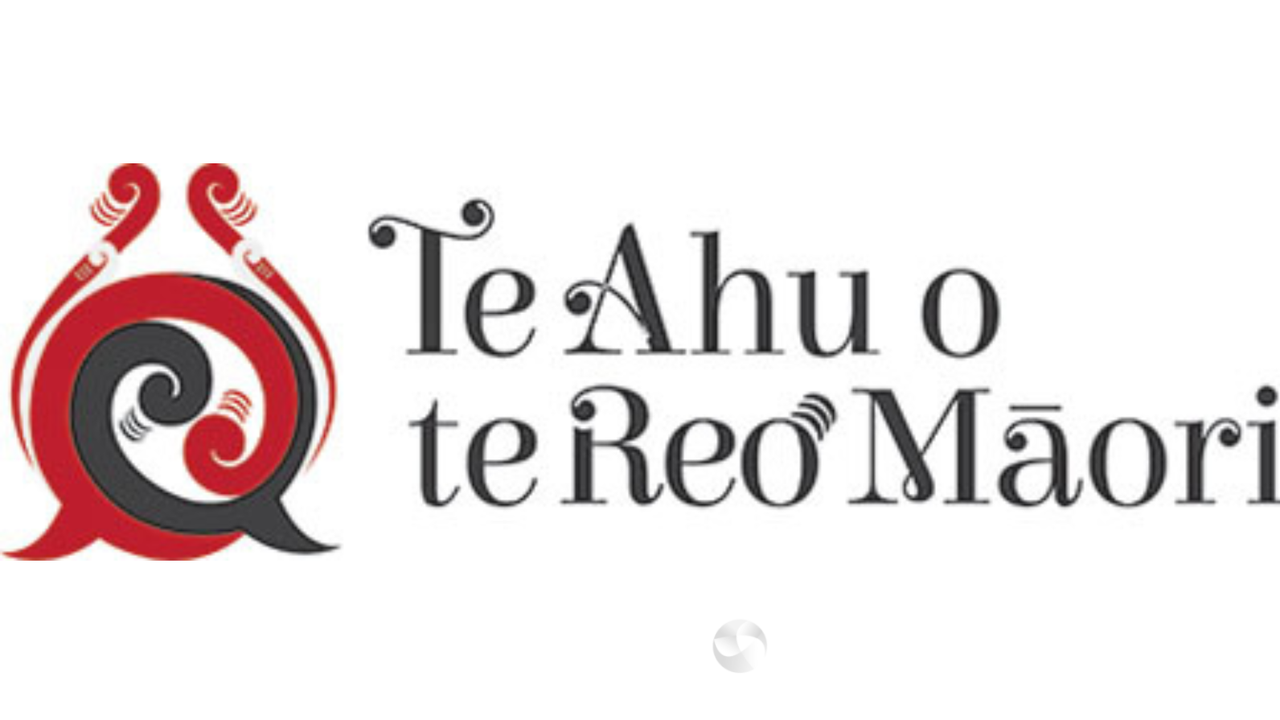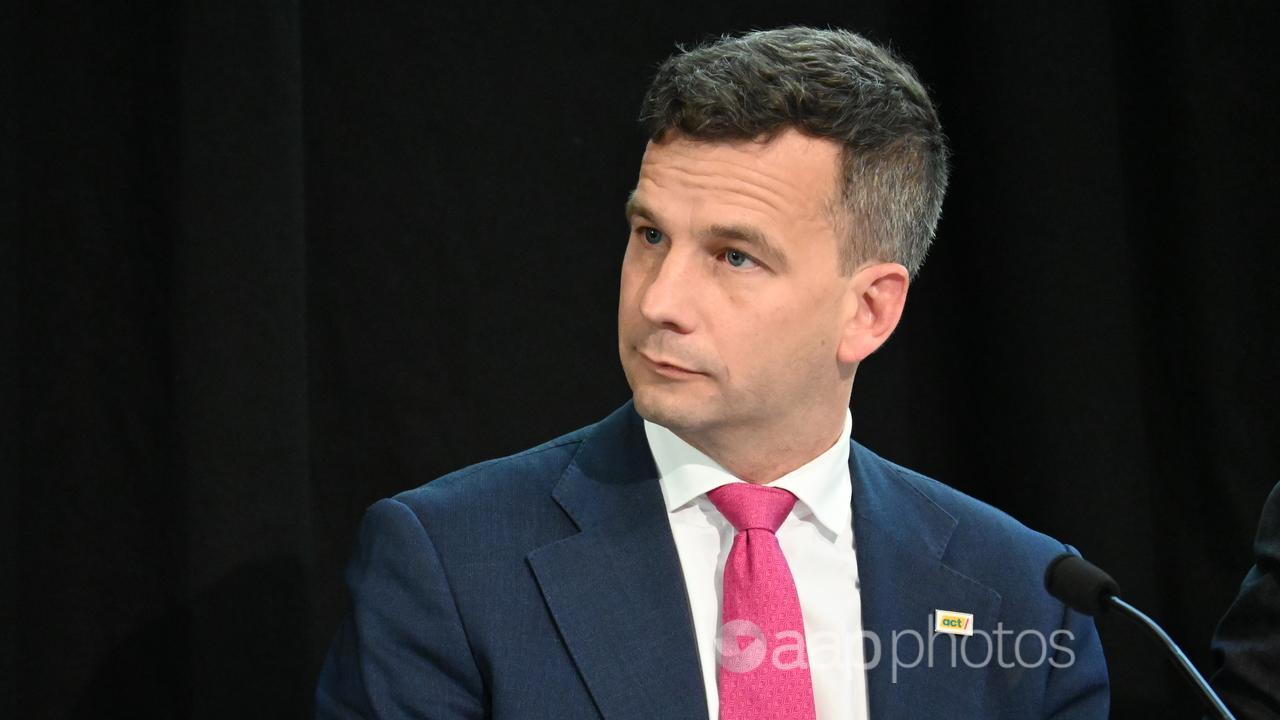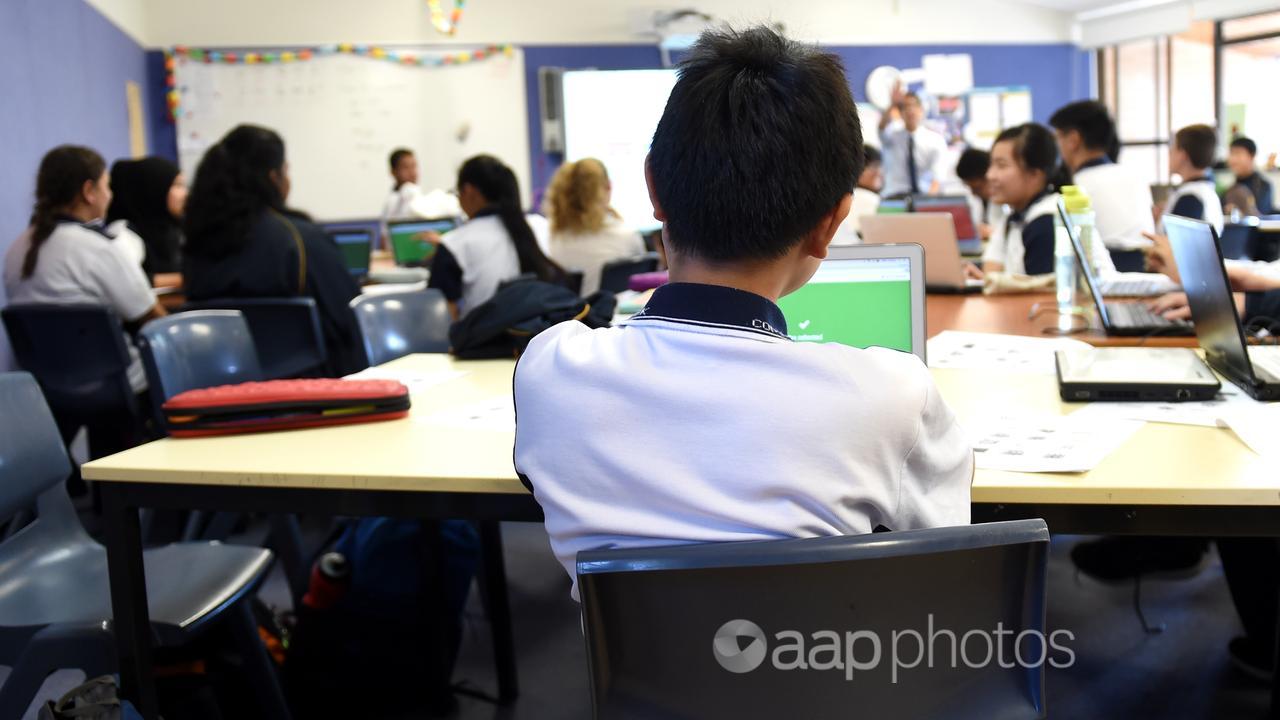AAP FACTCHECK – A claim by a New Zealand government minister that an evaluation of a Maori language program found no evidence it impacted student progress or achievement is misleading.
The evaluation didn’t look at the program’s impact on student progress and achievement. Rather, its focus was the administration of the program and the impact it had on participating teachers, which it found to be overwhelmingly positive.
Education Minister Erica Stanford made the claim in a government press release, announcing that $30 million of funding for the Te Ahu o te Reo Maori language program would be redirected towards resources for teaching maths.

“An evaluation of the program found no evidence it directly impacted progress and achievement for students,” Ms Stanford said. “The review also couldn’t quantify what impact the programme had on te reo Maori [Maori language] use in the classroom.”
Ms Stanford made similar comments during interviews on the funding decision with 1News and RNZ, and told the NZ Herald she gave “a lot of weight” to the evaluation report when deciding to cut the “poorly performing” program’s funding.
The claim was also repeated by Associate Education Minister David Seymour in a post on X.
However, the evaluation report mentioned did not set out to determine whether the program had any effect on student progress or achievement, or on Maori language use within the classroom.
AAP FactCheck asked Ms Stanford for evidence to support her claim that the report “found no evidence” of the program affecting student achievement or Maori language use in the classroom.
A spokesperson for Ms Stanford replied that the report “does not have” any evidence, adding: “Which is why the minister said it found no evidence of such things.”

While Ms Stanford is correct that the report does not have any evidence, it is misleading to say the evaluation “did not find” evidence because that was not what was sought, i.e. in the pre-agreed scope of the report.
A pilot of the Te Ahu o te Reo Maori program was launched in 2019 to help teachers correctly use the Maori language when speaking to students, and was expanded nationwide in 2021.
An evaluation report was commissioned by the Ministry of Education under the previous Labour government, and a detailed evaluation plan was signed off by the ministry’s ethics committee on February 1, 2023 (page 10).
In particular, an unnamed “independent evaluator” was tasked with examining the administration of the program and how it affected the participants (teachers).
The evaluation plan gathered information and feedback from the ministry, course providers and participants.
The information was gathered largely through interviews, surveys and focus groups (p11).

Students and their educational outcomes were not in the scope of the evaluation, which was completed in two phases in 2023 and 2024, with the final report submitted in July 2024.
However, the report does include some anecdotal evidence that it helped to achieve this, with several participants saying it led to their students speaking Maori more frequently.
The report noted the ministry didn’t require providers to support teachers to implement the course in the classroom.
However, it said nine of 13 course providers included “some aspect of active observation, assessment, or review of participants’ implementation of learning in the classroom”.
The evaluation recommended the ministry “conduct a principled and rigorous piece of research” to examine the nature and extent of the program’s impact on student learning.
Elsewhere the report found 97 per cent of teachers would recommend the course.
A further 93 per cent said the program “supported them to accurately and confidently pronounce Maori words and names”, and 87 per cent said it “helped them build the confidence they needed to use te reo Maori in the classroom”.

University of Otago education professor Susan Sandretto told AAP FactCheck Ms Stanford’s comments were misleading.
“Minister Stanford is misleading the public into believing that the program was ineffective in raising student achievement when that was not within the scope of the evaluation,” Prof Sandretto said.
“I suggest that Minister Stanford has made misleading statements about the scope and findings of the report to justify a budget decision.”
Hana Turner-Adams, a lecturer at the University of Auckland’s Te Puna Wananga/School of Maori and Indigenous Education, told AAP FactCheck she agreed the statement was misleading as the evaluation did not measure student progress or achievement.
“No data were gathered from students or about their progress/achievement, however including student voice was recommended for a future research project,” she said.
Dr Turner-Adams also said Ms Stanford’s claim that the evaluation couldn’t quantify what impact the program had on Maori language use in the classroom was also misleading as no data was collected to evaluate this.
The Verdict
Misleading – The claim is accurate in parts but information has also been presented incorrectly, out of context or omitted.
AAP FactCheck is an accredited member of the International Fact-Checking Network. To keep up with our latest fact checks, follow us on Facebook, Twitter and Instagram.
All information, text and images included on the AAP Websites is for personal use only and may not be re-written, copied, re-sold or re-distributed, framed, linked, shared onto social media or otherwise used whether for compensation of any kind or not, unless you have the prior written permission of AAP. For more information, please refer to our standard terms and conditions.


















